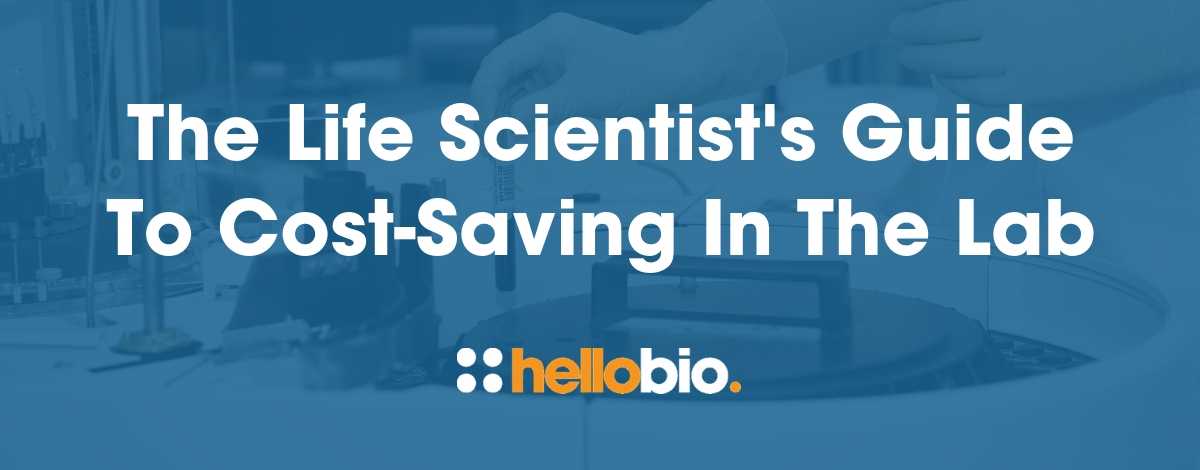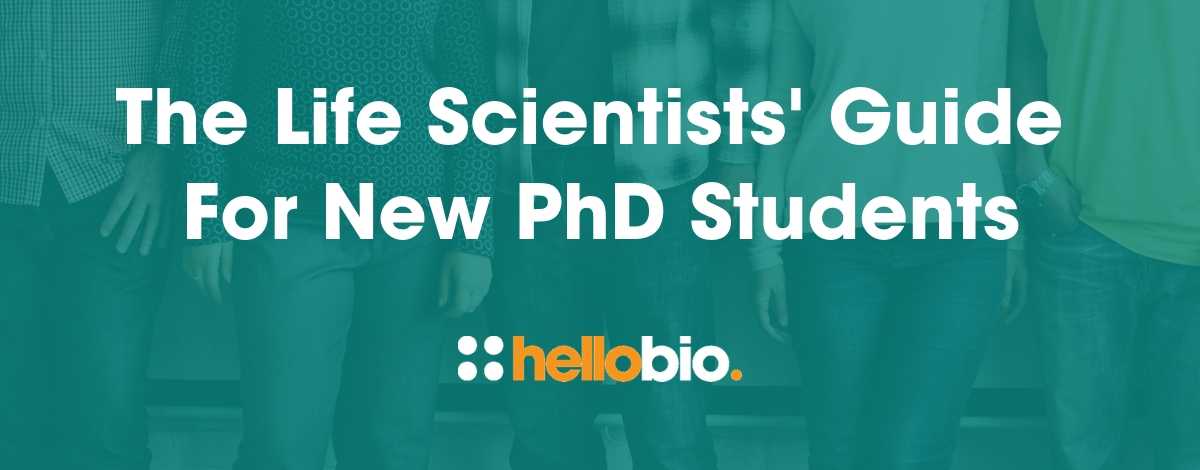Interviews with Scientists: Elodie Chabrol
We were very excited to interview the brilliant Elodie Chabrol for our Interviews with Scientists series! After completing a PhD in Neuroscience in Paris and seven years of postdoc at UCL, Elodie left science research in 2017.
During the final years of her postdoc, Elodie founded Pint of Science France. She is now a freelance science communicator working as international director for Pint of Science, and also works for scientists and science groups. Her mission? Make science accessible to everyone, everywhere!
Firstly, tell us a bit more about your past and current research...
I did my PhD in Paris, on epilepsy. I started with genetics and then once we found new mutations, I tested them in cells and worked on a mouse model that lacked the gene I was working on. I managed to record seizures on those mice with EEG – (electroencephalogram) tiny electrodes that record brain electrical activity. A very nice story for a PhD and a lot of techniques learnt in 3 years.
Then I moved to London for a first postdoc position, on the repair of the sciatic nerve. But I was really missing working on the brain, so after two years I changed labs and went back to epilepsy, to work on some gene therapy treatment. And, we just published the patent for my work!
Did you always want to be a scientist when you were younger?
I wish I could say that I’d always wanted to be a scientist, but I didn’t. Though I had it in my heart because I was the annoying little girl that always asked “Why?” and I always wanted to understand how stuff worked. Yeah, I was that kid!
I loved Biology in High School and I wanted to be a teacher, so I went to a science university in Paris, loved genetics and ended up doing a PhD in neurogenetics. I discovered the lab and research, and I felt at home there. It was the perfect place for the kid inside me that was always wondering how things worked. I’ve always been fascinated by genetics – that’s why I followed that path – and then I discovered Neuroscience research during my PhD. That was when I fell in love with genes and the brain.
What did you enjoy most about your PhD?
I enjoyed learning new techniques, I loved experiments and the more difficult they looked the more I wanted to try them. I was super lucky to do a whole range of experiments during my PhD that you don’t normally do in three years: genetics experiments like PCR and sequencing, cell experiments like western blots and cell culture, and I also made my own viruses to try on cells. And the best part of the experiments was learning EEGs (electroencephalograms): making my own electrodes and implanting them myself. SO MANY experiments– that was my heaven!
It’s been the same for my postdocs, learning new techniques is the thing I love most about research.
What advice would you give to someone just starting out with their PhD?
Plan your career well from the start of your PhD. Don’t wait until the final months to decide what you want to do afterwards. Also, try things outside of the lab in case research doesn’t work out for you. If you want to pursue an academic career, meet lots of people with different jobs and ask them what their daily working life is like.
Also, network as much as you can, it’s your best tool – for academia or outside. And of course, do a Pint of Science talk – they’re are brilliant for science communication, and they’re fun!
What's the most important lesson you have learned in your career so far?
In research you definitely learn resilience – how to bounce back from pretty much everything life is throwing at you. That’s very useful in lots of jobs. I’ve also learned that if you don’t get things right the first time, it’s OK. That applies to experiments and journals, but also life.
What are you most proud of in your career to date?
The development of the Pint of Science festival around the world. It makes my heart so happy and proud every year when I see the map with all the participating cities and countries. I didn’t plan for it to be this successful, I just put all of my heart into it and when I see how it has blossomed, I couldn’t be happier or prouder. It’s not only my achievement though, a huge number of volunteers are behind the success and for sure it’s their achievement as much as mine. Pint of Science wouldn’t exist without them.
We’d love to hear more about Pint of Science and your role in it…
Pint of Science is an annual, worldwide science festival which brings researchers to your local pub or cafe to share their scientific discoveries with you. It happens every year in May. This year (2019), we reached 140,000 attendees in 400 cities across 24 countries. The next edition will be 11-13th May 2020.
I have two current roles: I’m the Founder and Director of the French Pint of Science, and the other role I’ve had since 2017 is International Director. That means I select new countries, and help them establish the festival locally.
I first got involved when I received an email from Pint of Science UK who were looking for volunteers, right at the very beginning. I replied, and my timing was amazing because the person in charge of coordinating the UCL, London team had just quit – so I took on the role and was lucky to be in the central team that created Pint of Science.
What do you love most about being part of Pint of Science?
I love adding new countries to the map and, above all, I love seeing all the countries’ events on social media during the festival. I barely sleep because of the time zones involved, but I can’t put my phone down. It’s too amazing to see so many people enjoying science events everywhere in the world!
How has being involved in Pint of Science made you a better science communicator?
Before PoS I didn’t do any science communication, at least not about my research. I organised events and conferences, but I never communicated to the public about my work. After founding PoS France, I realised that I never talked about my work – so I started doing it and loved it. Seeing so many good (and not-so-good) talks has taught me what to do (and what not to do). Now, I train scientists to talk to the public and all my experience comes from Pint of Science talks. A LOT of them!
What do you think are the biggest challenges currently facing life scientists and their work?
In neuroscience you definitely have a lot of competition, and it’s really hard to focus on your projects when you have to spend so much time getting funding and dealing with publishing.
Also, for young scientists like postdocs, having the support of their PI is fundamental – but this is not always the case in big, busy labs. Nothing new here, unfortunately, but I really hope the next generation of scientists will have to worry a bit less about their professional future.
If you weren’t a scientist, what do you think you’d be doing?
I wanted to work in communication and marketing, so I guess in a way I mixed the two things I love together to end up being a science communicator
Even though I’m not doing any research anymore, I’ll always be a neuroscientist in my heart. Though now I’m starting to really enjoy astrophysics and space science!
Which scientists working today do you most admire, and why?
I can’t do the whole list, but a lot of women scientists. It’s not easy to succeed in research when you’re a woman (I know from experience) and it’s brilliant to see lots of badass women that succeed and mentor young scientists.
What’s your favorite science joke?
It’s a comic with cats and scientists, my two favorite things in life!
What do you think is the greatest scientific discovery of all time?
That’s a tough question because there are SO MANY amazing discoveries. If I had to pick only one, I’d say CRISPR Cas9: the “molecular scissors”. In my last year as a researcher I worked on gene therapies, and that’s a Nobel prize-winning kind of tool for that. It can target small parts of DNA and cut them like actual scissors, then you can replace that cut part with any you designed.
________________________________________________
Wow, what an inspiring interview! It was great hearing more about the fantastic Pint of Science, thank you so much Elodie!
Find out more about Pint of Science here: https://pintofscience.com
Follow Pint of Science on Twitter here: @pintsworld
Follow Pint of Science France on Twitter: @pintofscienceFR
Follow Elodie on Twitter here: @EloScicomm
_________________________________________________
If you enjoyed reading this article, why not check out the other resources available on our blog. We are passionate about supporting early career life scientists and PhD students - with affordable reagents and biochemicals, travel grants, and resources to help with both personal and professional development. We know how tough it is - so we hope you find these helpful!
Advice & guidance for life scientists
Click below to view our of essential guides and articles includes to support life scientists, PhD students & early career life scientists:
Travel grants
Every month we give away $500 to PhD students and Postdocs so that they can attend a scientific conference - click below to find out more:
Wellbeing for scientists
Click below for our resources to help improve your wellbeing:
Technical resources
Try our Molarity Calculator: a quick and easy way to calculate the mass, volume or concentration required for making a solution.
Try our Dilution Calculator: an easy way to work out how to dilute stock solutions of known concentrations
Click below to see our Mini-reviews, Pathway Posters & Product Guides: a set of technical resources to answer your questions on a wide range of topics and to help you get started quickly.
And - when you get to the stage of planning your experiments, don't forget that we offer a range of agonists, antagonists, inhibitors, activators, antibodies and fluorescent tools at up to half the price of other suppliers - click below to see how we compare with other suppliers:























